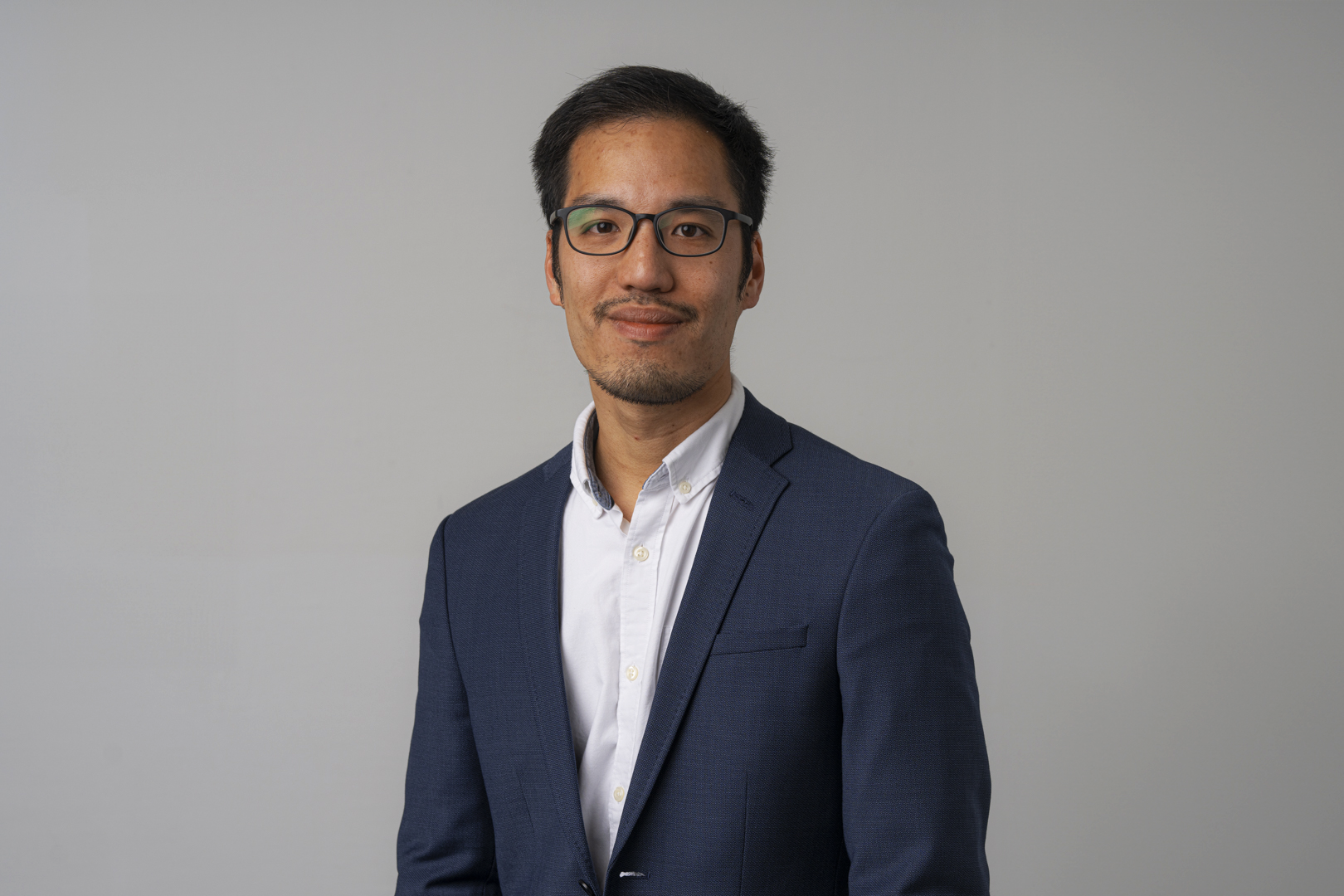Ariya Sangwongwanich
Research leader

Project title
Circular Power Electronics for Green Transition
What is your project about?
Power electronics are a key technology for high-efficiency energy conversion. Recently, the extensive deployment of these systems in electric cars, photovoltaic, and wind turbine applications has raised concerns about material usage and e-waste. To improve circularity and reduce environmental impact, recycling and remanufacturing aspects must be considered during the design phase. My project will develop models to quantify the impact of design parameters on the recycling and remanufacturing capabilities of power electronic systems, from material properties in components to system integration design. These models will be integrated into a digital design framework, aiding the development of next-generation power electronics with a circular life cycle.
How did you become interested in your particular field of research?
My first experience with electronics was a high school project where I built a simple audio amplifier circuit. It was fun and sparked my interest, though I didn't fully understand how it worked; I just followed a magazine's instructions. Later, I chose power electronics in university as my major and came to Aalborg University to specialize in this field. Since then, I've worked for many years to enhance the performance and lifespan of power electronics, reducing their environmental impact. As a researcher, I foresee circular design and sustainability as the next challenges. I have been focusing on identifying research gaps in this area, and this project will help me build a foundation to address those. It's quite exciting for me to explore this new domain for power electronics while addressing the urgent issue of e-waste.
What are the scientific challenges and perspectives in your project?
The main challenge is to maintain high performance while enhancing circularity impact, as the two aspects often conflict with each other. Improving one performance aspect may result in a lower capability of recycling and remanufacturing. For instance, a compact design solution with multiple components integrated within a small area on the same circuit board to reduce the material usage and size usually has a limited remanufacturing capability due to difficulty during disassembly. To address this inherent trade-off in design, there's a critical need for models that establish connections between design parameters and circularity impacts—models that are currently lacking. My objective in this project is to develop such models and seamlessly integrate them into a digital design framework.
What is your estimate of the impact, which your project may have to society in the long term?
Power electronics are essential for achieving carbon-neutrality and facilitating the green transition. However, scaling up their utilization with current technology, which follows a take-make-waste life cycle, exacerbates the electronic waste problem—an increasingly pressing yet unaddressed issue in society. Moreover, a significant amount of material, including critical raw materials, is required to manufacture such products, only to be discarded at the end of their life cycle. This project aims to establish a foundation and develop the necessary knowledge to enable a circular life cycle for power electronics. By facilitating component reuse and recycling, the environmental footprint of these devices can be significantly decreased, reducing both CO2 emissions and e-waste generation.
Which impact do you expect the Sapere Aude programme will have on your career as a researcher?
First of all, receiving the prestigious Sapere Aude: DFF-Starting Grant is a significant recognition of the idea, which is crucial when entering a new research domain. This grant will allow me to establish a strong and motivated team to address these challenging problems. It will also strengthen my expertise in the emerging field of "circular power electronics," exploring the possibilities and pushing the boundaries of this research topic. This will help generate new ideas and attract collaborations from both the research community and industry around the world. I am very grateful for this incredible opportunity.
Background and personal life
I grew up in Bangkok, Thailand and then moved to Denmark when I started my master’s degree in Energy Engineering at Aalborg University in 2013. It was quite a big difference in lifestyle and culture (plus food and weather), but I suppose I have adapted to it now. Like my good friend once told me, “There is no bad weather - you just need a better jacket”. Outside of work, I enjoy an active lifestyle here in Denmark. I play table tennis at the club in Aalborg, where I’ve met new friends and learned about Danish culture from the locals. Whenever the weather permits it (those few weeks we have), I also engage in outdoor activities like cycling and hiking around Nordjylland.
View all research leaders here
Research institution
Aalborg University
Research field
Power Electronics
City of your current residence
Aalborg
High school
Chulalongkorn University Demonstration Secondary Schoo
